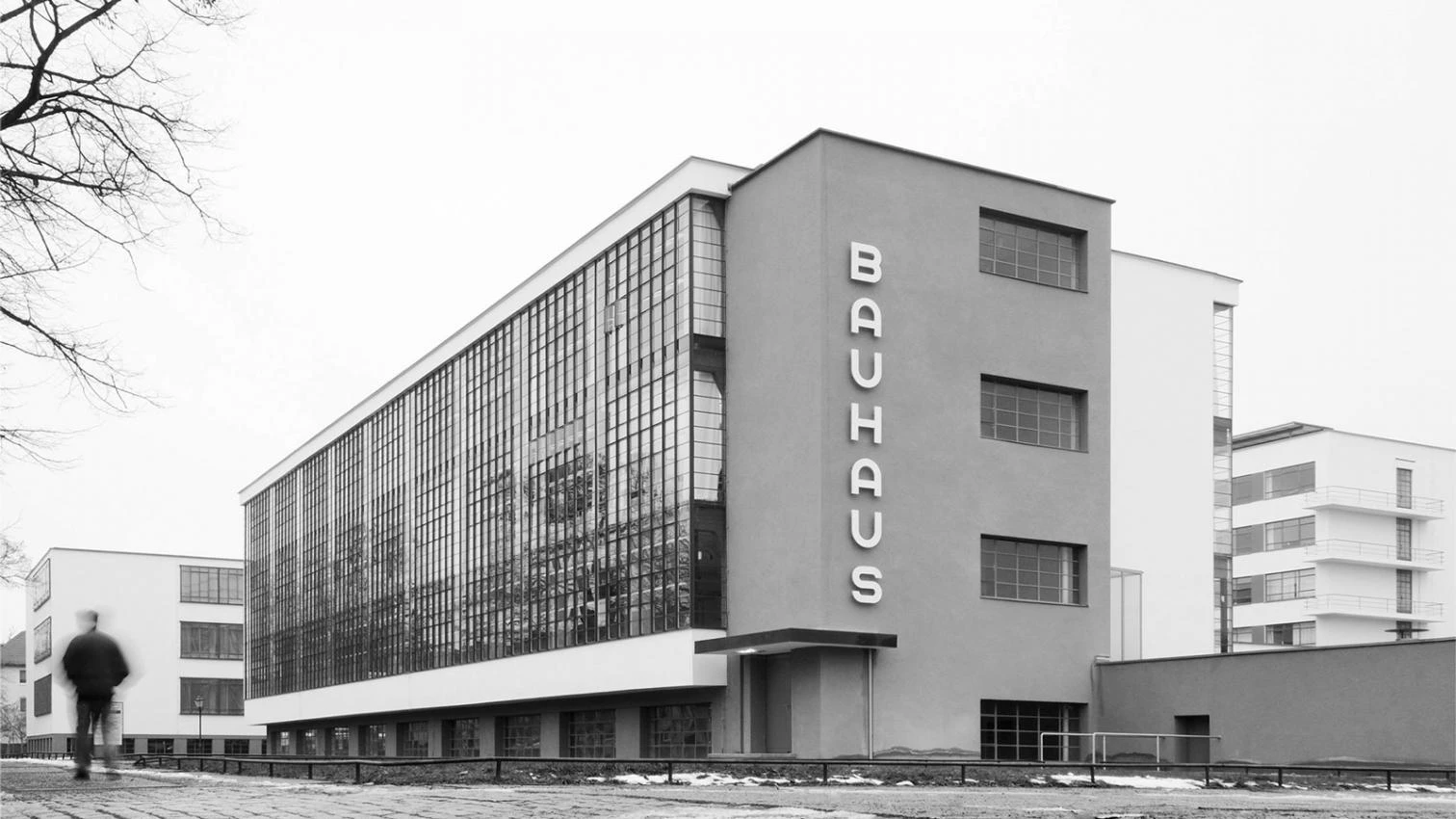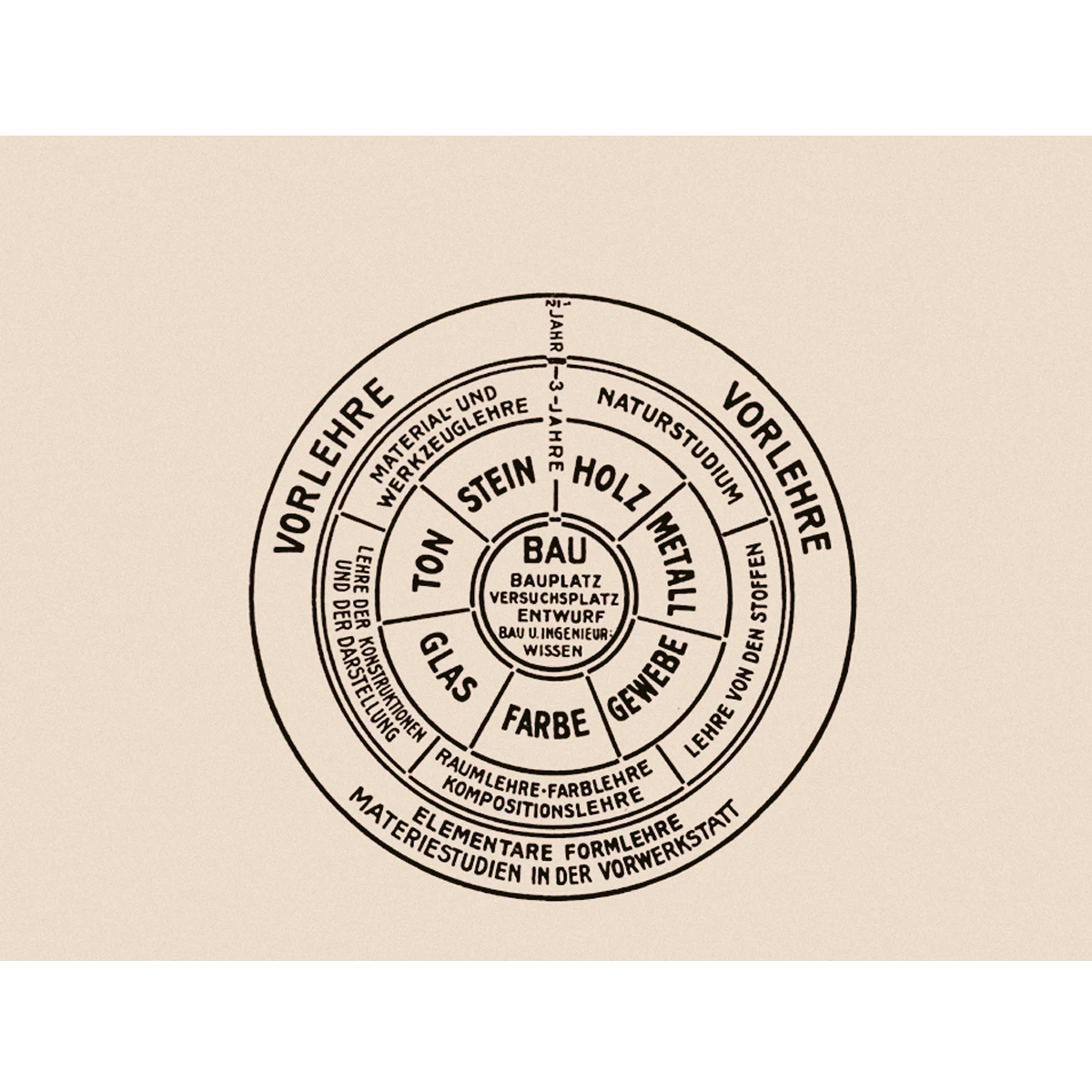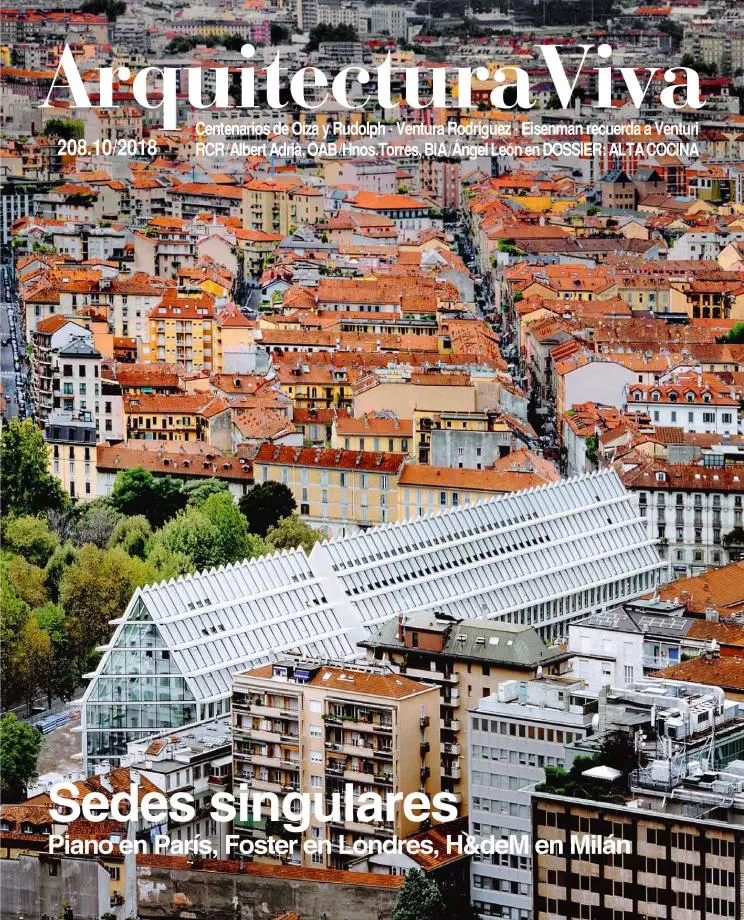
Of all the modern masters, Walter Gropius is now the least known of, though his texts were once read as if they were the Bible. Through a critical Spanish edition of 30 out of the 150 essays written between 1908 and 1934, this book is a refocusing on his personality that gives back to him the complexity which creators of the modern myth refused to see, and which went unacknowledged by those who later blamed him for representing a coarser rationalism.
But more than a hagiography of the subject, expect a careful, at times punctilious exegesis of the texts selected. The ever rigorous Joaquín Medina Warmburg presents an architect and thinker of consequence influenced by the ideas that fluttered in the heads of intellectuals of the time. A rather contradictory architect who, unable to draw, put his trust in the power of the word, and who, just as he traveled to Spain in search of the synthesis of Eastern and Western art, saw the at once functionalist and monumental beauty of American silos, wrote romamtic proclamations in the Bauhaus Manifesto, described in dry administrative tone the principles of prefabricating by components, or explained the best orientations in hygienist terms. All at the same time.
With a clarifying preface by Simón Marchán and a masterful introduction by Medina Warmburg, 424 amply illustrated pages reconstruct Gropius’s blurred profile in a multifaceted portrait that addresses not only the cultural complexity of Germany then, but also the complexity of modernity.






